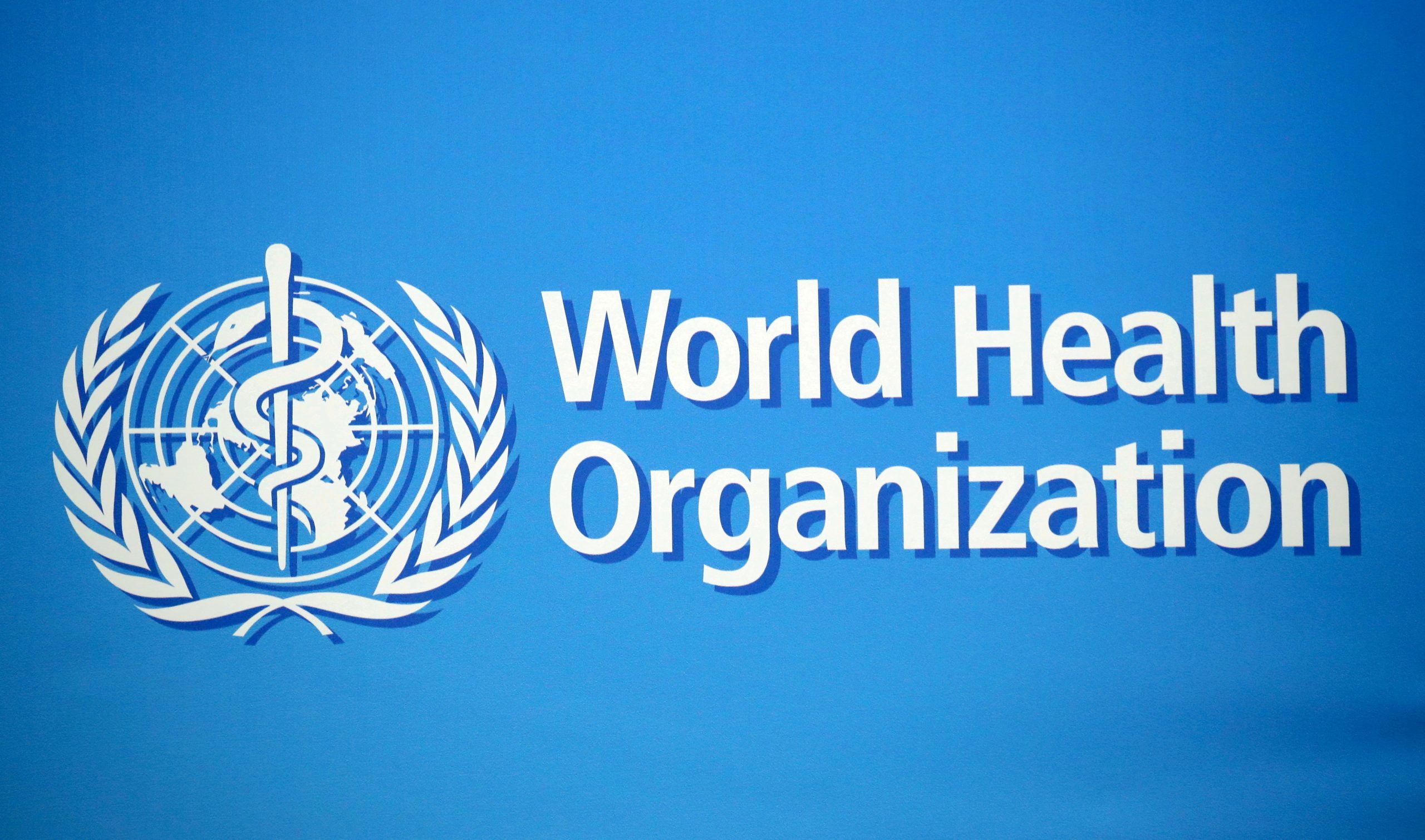
Megan Udinski, FISM News
[elfsight_social_share_buttons id=”1”]
The World Health Organization (WHO) and Center for Disease Control (CDC) reported their concern for an impending measles outbreak due to increased numbers of children missing their measles vaccine in 2020.
Although measles cases decreased by 80 percent in 2020, 22.3 million infants missed their first shot of the measles vaccine according to WHO data, an increase of 3 million from the previous year. This is the largest increase of unvaccinated children in 20 years. Dr. Kate O’Brien, director of WHO’s Department of Immunization, Vaccines and Biologicals said the “evidence suggests we are likely seeing the calm before the storm as the risk of outbreaks continues to grow around the world.”
Dr. O’Brien also acknowledged the fact that immunization goals over the past two years have been solely focused on COVID-19, neglecting the prevention of other diseases. While she supports countries vaccinating against COVID-19 as quickly as possible, she fears that “we risk trading one deadly disease for another” if routine immunization is not emphasized.
Due to the pandemic, 24 measles vaccination campaigns meant to reach 23 countries, were postponed and redirected to COVID-19 efforts. These worldwide campaigns impact 93 million people and are intended to provide the shot for communities that might not have access to routine vaccinations. It is believed that these campaigns have prevented more than 30 million deaths from the measles globally since 2000.
The two organizations seem to associate the reduced vaccination rate to the strain put on everyone due to the pandemic and the emphasis on COVID-19 detracting from regular well visits and care. The CDC’s Global Immunization Director, Kevin Cain explained, “Large numbers of unvaccinated children, outbreaks of measles, and disease detection and diagnostics diverted to support COVID-19 responses are factors that increase the likelihood of measles-related deaths and serious complications in children. We must act now to strengthen disease surveillance systems and close immunity gaps, before travel and trade return to pre-pandemic levels, to prevent deadly measles outbreaks and mitigate the risk of other vaccine-preventable diseases.”
In their report, they speculate that the unprecedented decreased number of cases in 2020 could be due to increased natural immunity from outbreaks that occurred in 2017-2019, COVID-19 mitigation measures, or both. While they are unsure exactly why the numbers decreased, they still believe that the cases of measles in 2020 were underreported and expect to see an increase in the number of outbreaks in the next few years.
Measles is a highly contagious virus that spreads similarly to COVID-19 and is preventable by similar measures such as hand-washing. According to the National Institutes of Health, “…the disease is characterized by fever, malaise, nasal congestion, conjunctivitis, cough and a red, splotchy rash. Most people with measles recover without complications within a week.” Infants and those with immune deficiencies are at the greatest risk for serious illness from infection.
Regardless of the apparent decrease in measles cases in 2020, WHO and the CDC are urging parents to not take the vaccination of their children from “mostly preventable” diseases such as the measles lightly.
